Menopause and neurodiversity
Associate Professor Caroline Gurvich joined Menopause Friendly Australia for a webinar exploring Menopause and Neurodiversity. The following provides general advice only. For medical advice, consult your healthcare practitioner.
‘I just don’t feel like me anymore’
That’s how Gurvich summed up the various psychological experiences around emotional wellbeing and mental clarity different people can have as they transition through perimenopause into post-menopause.
A clinical neuropsychologist, Head of Cognition and Hormones Group at Monash University, and Deputy Director of HER Centre Australia, Gurvich’s research focuses on the interplay between sex hormones and lifestyle factors on cognition and mental health.
For many people, the cognitive changes during menopause are alarming. They may find themselves losing confidence, struggling to retrieve words, or feeling anxious. These symptoms can be frustrating, and for those with neurodivergent brains, the impact can feel even more pronounced.
Hormone fluctuation and brain function
Menopause marks the end of a woman’s reproductive phase, but it’s not just a physical transition. Oestrogen and progesterone play a critical role in shaping not only our reproductive health but also our brain health.
During our reproductive years, for those with a regular menstrual cycle, these hormones fluctuate in a cycle. During perimenopause, the time leading up to menopause, these hormones fluctuate dramatically and gradually decline. Perimenopause can last up to a decade so understanding how these dramatic hormone changes can impact brain function is vital.
Receptors stimulated by these hormones are densely located in two key parts of the brain:
- the frontal lobe which manages the brain’s executive function, directing our focus to what matters, responsible for judgement, decision-making and problem-solving, and
- the temporal lobe which is important for memory (hippocampus) and emotional regulation (amygdala).
This helps explain the types of brain fog and mood symptoms people can experience during menopause.
For neurodivergent people, the interplay between declining hormone levels and existing conditions can be particularly complex, affecting the neurochemicals dopamine and serotonin, which are connected to ADHD. The brain’s neurochemistry is already wired differently in conditions like ADHD or autism, and the added stress of fluctuating hormones can heighten the risk of burnout, anxiety, or depressive symptoms.
Cognitive and emotional impacts through menopause
Research reports that 80% of women will report mild, moderate or severe menopausal symptoms (Haufe J Endocr Soc. 2023) and this can include brain symptoms such as anxiety, depression and brain fog.
Depression during the menopause transition: We know from research that the menopause transition is a time of increased vulnerability to depressive symptoms. While this may be the first experience of depression, factors that can increase the risk of menopausal depression include a previous history of depression or sensitivity to hormonal fluctuations (such as depression across their menstrual cycle or postnatally) and stressful life events.
Depression during the menopause transition can show up differently from clinical depression and can come and go. Feelings of sadness and loss of interest or pleasure may not necessarily be the dominant symptoms. There may be angry outbursts, irritability, frustration, sleep disturbance, decreased libido, low energy and tiredness, or trouble thinking and with concentration.
To help recognise this, Gurvich, together with her fellow HER Centre Australia Director, Professor Jayashri Kulkarni, developed the Meno-D rating scale for perimenopausal depression, which can be self or clinically administered.
Brain fog: Memory and attention difficulties, popularly called brain fog, that can manifest through menopause are referenced often in media but have been defined in the scientific literature only in the past two years.
Gurvich’s research found perimenopausal women experience more everyday memory difficulties than pre or post-menopausal women. This includes experiences like ‘tip of the tongue’ phenomena when you just can’t retrieve the word you want or having to check if you’ve done something you should have done.
Gurvich and her team at HER Centre have recently co-designed a brain-fog fact sheet with perimenopausal women. You can download the fact sheet here.
Assessing neurodiversity in midlife
Neurodiversity describes the difference between brain types. More common brain types are described as neurotypical while less common brain types, such as ADHD or autistic brains, are described as neurodivergent.
In recent years, there has been increased discussion around ADHD diagnoses in midlife, particularly among women. Historically, ADHD was seen as a childhood disorder, often stereotyped as the hyperactive boy. While ADHD is a neurodevelopmental condition that requires the presence of symptoms prior to the age of 12, the diagnosis can relate to symptoms of inattention and/or hyperactivity. As we learn more about how ADHD presents in women, we are also seeing an increase of women seeking midlife diagnoses.
There are several reasons for this:
- Socially, increased conversation around midlife neurodivergence diagnosis and menopause.
- Biologically, the loss of protective effects of hormones may expose symptoms that have always been there.
- Mentally, the cognitive strain of menopause may overwhelm coping strategies people have used to manage their symptoms to appear neurotypical; menopause can make this masking more difficult.
- Clinically, parents may recognise symptoms in themselves when their teenage children are diagnosed with ADHD.
If you observe an onset of cognition symptoms during perimenopause, talk to a knowledgeable GP to explore options that can help with brain fog. These can include medical and non-medical treatments.
If symptoms started before peri-menopause and may have been present in some form since childhood, you may wish to seek advice from a psychologist, neuropsychologist or psychiatrist who can undertake a comprehensive assessment to identify if there is an ADHD diagnosis, beyond brain fog. Speak to your GP for a psychiatric referral, or you can seek psychological support directly.
Assessment involves extensive clinical interviewing to unpack the symptoms and determine whether the symptoms have been present since childhood and appear in more than one setting (e.g. social and work). Diagnostically, the symptoms also need to interfere with, or reduce the quality of, social, school, or work functioning. It is helpful to have a friend or partner who knows you well to help provide a history from an observational perspective.
It may take time to unpick whether peri-menopause, neurodiversity (or both) are the root cause of the changes you’re experiencing. Rest assured there is help available, so don’t put off seeking advice from your GP.
Managing mental wellbeing through menopause
While menopause presents challenges for our brains, it is also an opportunity to prioritise brain health.
If you experience brain fog, one of the most helpful strategies is to reduce mental load. Write things down, maintain structure and routine and clear space so you can focus in each moment. You cannot remember something if you didn’t pay attention in the first place!
Maintain an evidence-based healthy lifestyle by eating well, limiting alcohol intake, exercising and staying socially connected. Reduce stress as much as possible. This is particularly important for neurodivergent brains where the additional load of menopausal symptoms can lead to burnout. Be aware of triggers, avoid turning to alcohol in times of stress, and practice self-care.
Find out more
Australasian ADHD Professionals Association
Women’s Mental Health Asia Pacific Conference 2024
Menopause Friendly membership gives you access to evidence-based resources, fact sheets and videos that can support your people to stay healthy through menopause. If you’re not already a member, chat to us today and find out more about joining.


